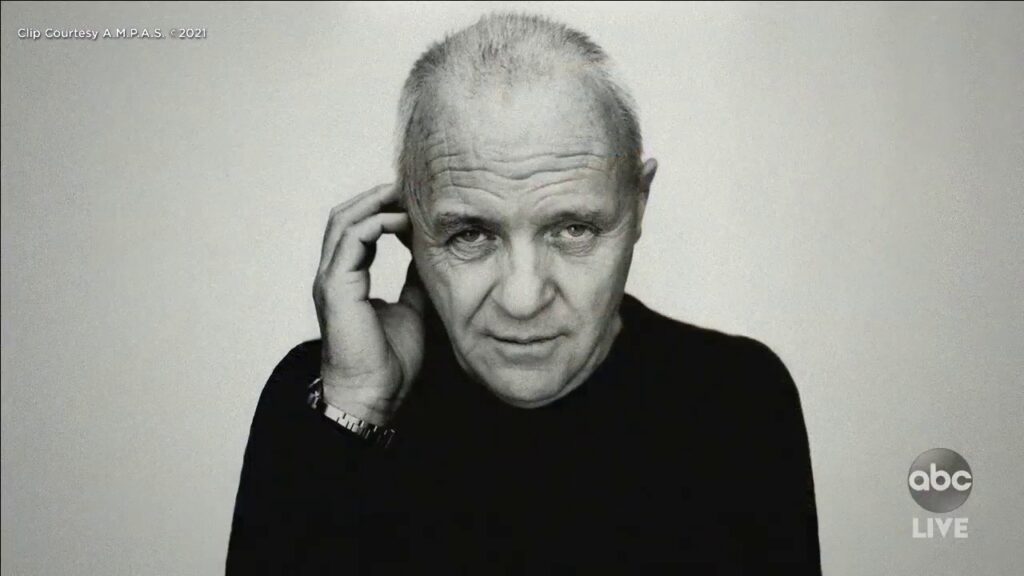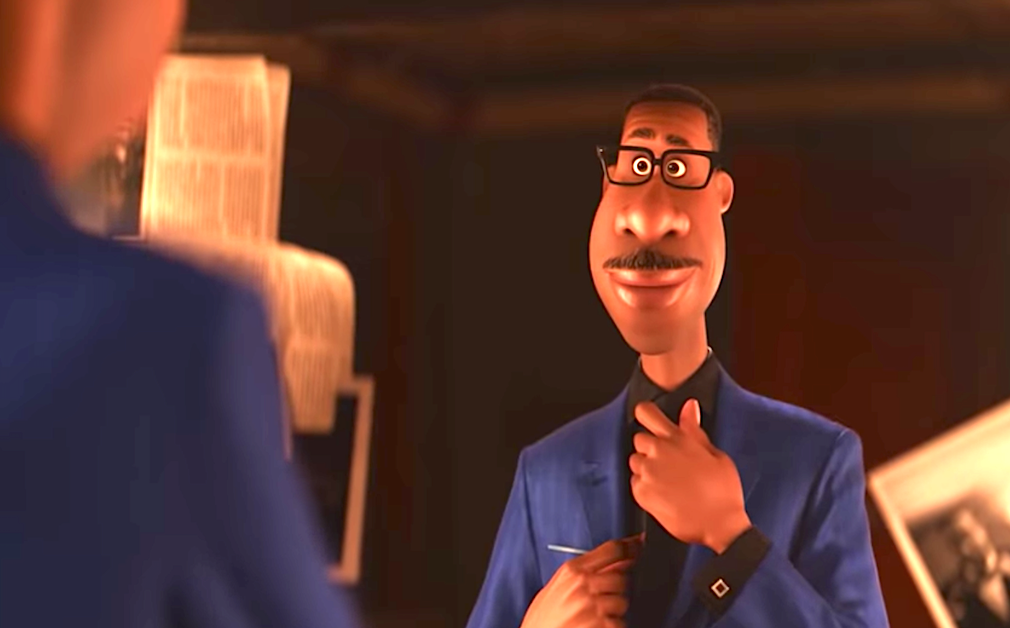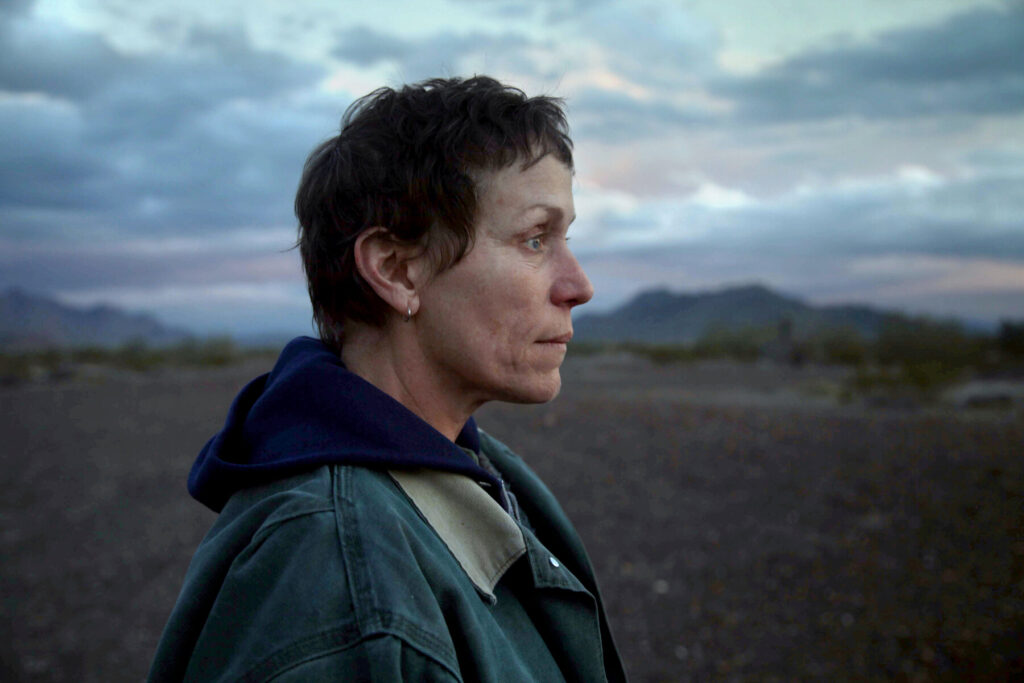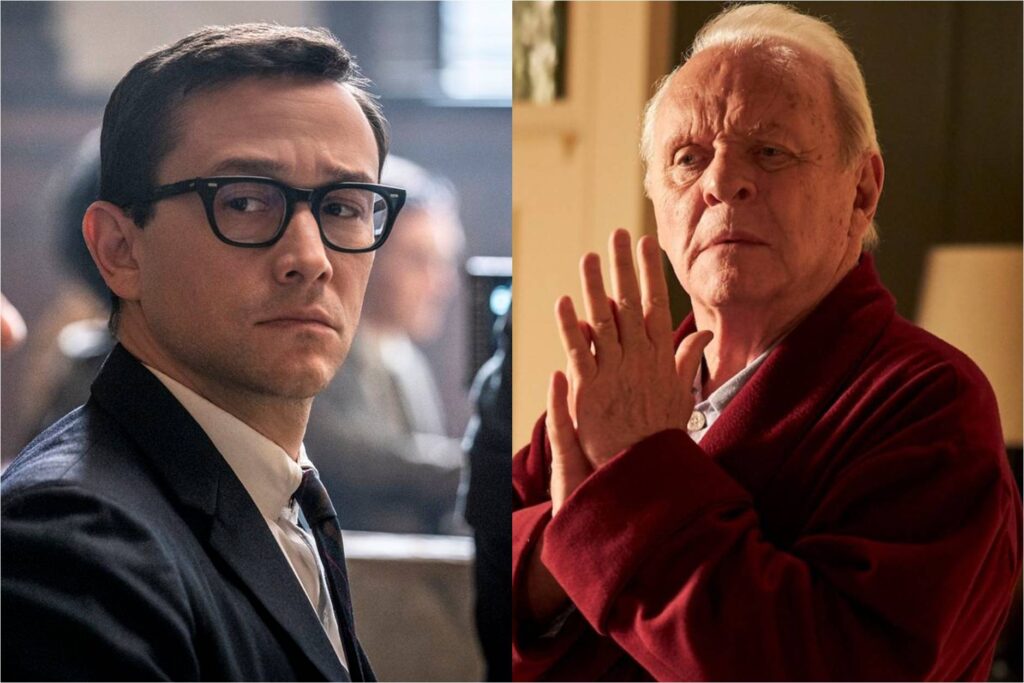Stowaway: Unauthorized Admission to Mars

The minimalist space movie seems like a contradiction, but it’s actually an elegant solution to a familiar problem. The cosmos is so incomprehensibly vast, it’s impossible for cinema to convey its full breadth on screen; that’s doubly true for films released by Netflix, where said screen is attached to a television rather than a multiplex auditorium. And so Stowaway, the streaming giant’s new sci-fi feature, conceives of interstellar travel not as the launching pad for an epic adventure, but as the vehicle for a taut and constrained thriller. It’s a horror movie without a boogeyman; the inky enormity of outer space is plenty scary enough.
This particular vintage of stargazing picture has experienced a relative boom of late; recent examples include Geore Clooney’s The Midnight Sky, Claire Denis’ High Life, and Morten Tyldum’s unduly maligned Passengers. In terms of scale, Stowaway is smaller than all of those; it only features four characters, and its unnamed vessel is unremarkable, except maybe for being so cramped (the better to underline the setting’s claustrophobia). And while its final act includes its share of perilous derring-do in zero gravity, its main preoccupations are moral and philosophical rather than dynamic or kinetic. Read More




